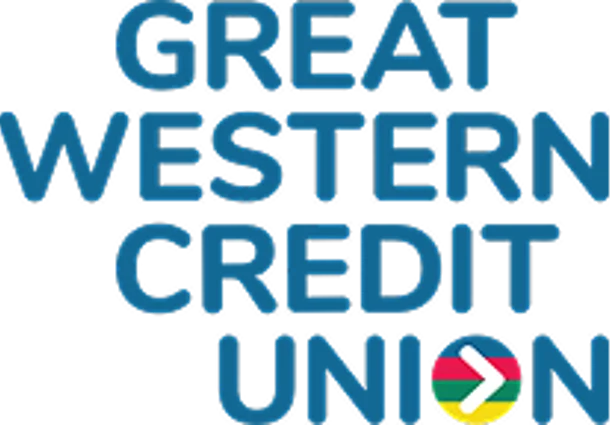Do One Thing

Research shows that 4 in 5 adults still find it uncomfortable to discuss their financial situations. This is a time when people across the UK are invited to talk about finances in workplaces, family and friendship groups, schools, and communities to help break stigma and become better off, together.
This year, Talk Money Week encourages everyone to ‘Do One Thing’ for their financial wellbeing. Just one small, actionable step can help you feel more in control of your finances.
To help get you started, we’ve laid out a few simple actions you can take—because even the smallest steps can make a big impact.
Start a conversation about money
Talking about money with others is one of the most powerful steps you can take. If you’re with a partner, discuss shared financial goals, spending habits, or saving for future events. With children, introducing pocket money or explaining the basics of saving can help set up positive habits early on. Even a conversation with friends or colleagues about potential money worries can ease any “awkward” feelings around money. Remember, just getting started is key!
Discover online tools and tips
Here are some useful resources you can share and use within your everyday life to help keep the conversation going:
-
Share the MoneyHelper Midlife MOT to assess your financial goals, it’s a simple way to start planning for the future.
-
Share the MoneyHelper Cost of Living Guide: This guide can be a valuable resource during tough times, providing advice on budgeting, managing debt, and building savings. Share it with friends and family or bring it up at work to highlight support for financial wellbeing.
Try a financial tool
Make the most of financial tools to simplify budgeting, saving, and managing costs. MoneyHelper offers a variety of free tools and calculators on their website to help you in specific money situations. You can try their tools here.
You can also try budgeting apps like Emma or Plum, which link to your accounts to track spending and automate small savings. These tools make managing money less overwhelming and help build positive habits, small actions like these can bring clarity and control to your finances.
Check your budget
Take a few minutes to review and refresh your budget. Make sure it includes a ‘flex fund’ for unexpected expenses like rising bills or emergency repairs. Adjust any spending categories if needed and see if there’s room for small savings goals. This helps keep you on track without adding stress when unexpected costs arise.
Maximise your savings with small, consistent actions
Saving doesn’t need to be complicated, and small, consistent steps can make a big difference over time. This Talk Money Week, take one small step to grow your savings by automating the process. Here are three ways you can get started:
-
Automate regular contributions: Set up a small standing order into a high-interest account, like our Cash ISA with a 3.5% interest rate. Consistently setting aside even a small amount can lead to a meaningful savings boost over time.
-
Round-up savings: Try rounding up your everyday purchases and depositing the spare change into a savings account. These small amounts add up faster than you’d expect, helping you build a financial cushion without a lot of extra effort.
-
Salary deduction: The easiest way to save is through salary deduction. If you work for a Money@Work partner, you are eligible for a Money@Work savings account, now offering a competitive 3% interest rate. By setting your savings on autopilot, you can stay on track without the hassle of manual transfers.
Tackle debt with confidence
Managing debt can feel daunting, but even one small step can help you feel more in control. This Talk Money Week, consider taking action—whether it’s reviewing your balances, setting a repayment goal, or simply talking about debt openly.
If you’re looking to simplify payments, start by listing all outstanding balances, prioritise repayments with higher interest, and consider consolidating your debts through other products, such as GWCU’s affordable Consolidation loan.
You can explore our range of loans here to find the right one for you, and if you have questions, please contact our lovely Member Services team.
Debt can feel overwhelming, but taking small steps to manage it is a positive move—and nothing to be ashamed of.
GWCU is here to support our members every step of the way, join us in making financial wellbeing a priority and see how small actions today can lead to greater confidence, security and peace of mind for the future.
